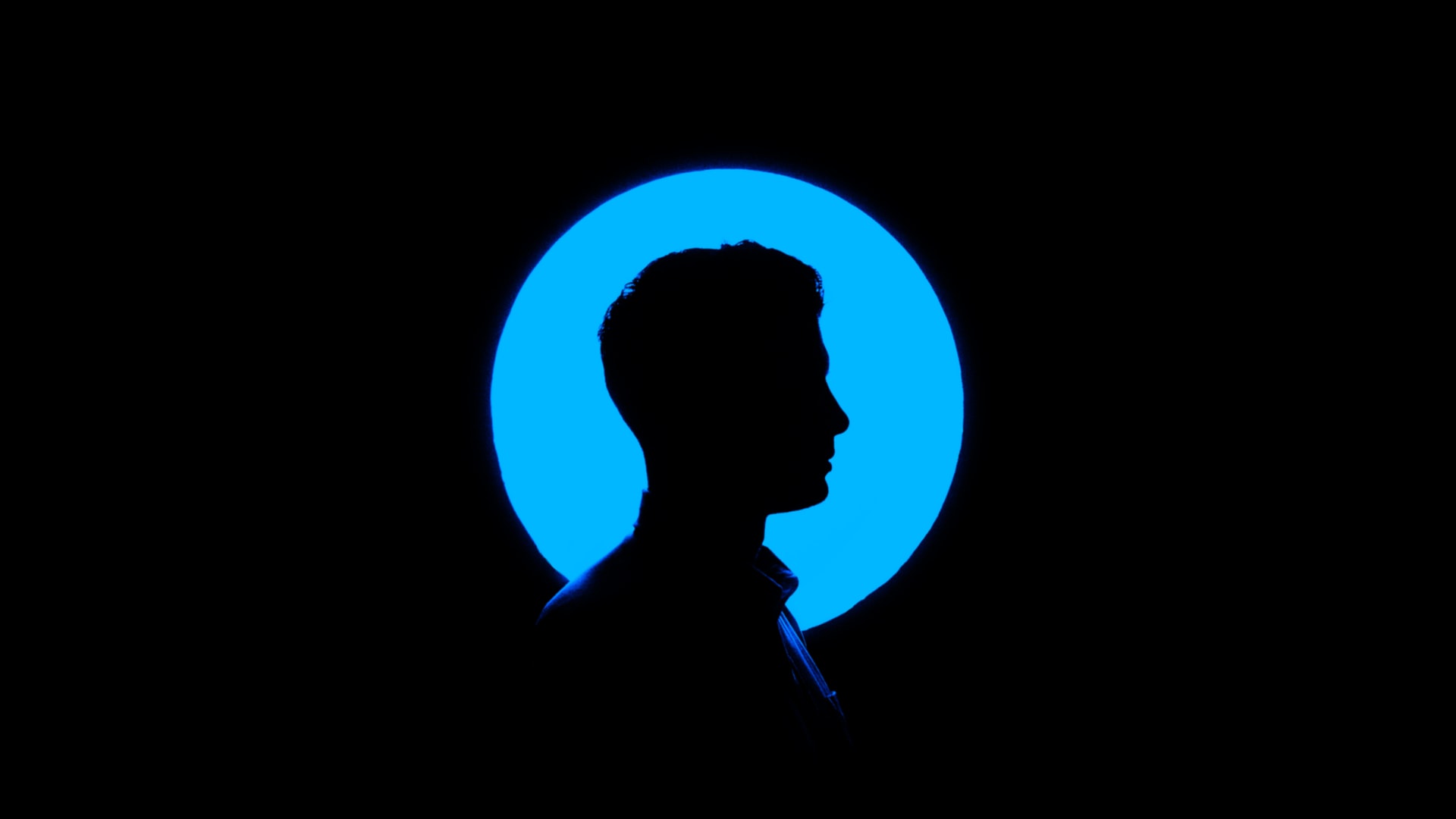
Resolves subjectively unless someone suggests some statistic to measure this.
People are also trading
Despite economic challenges, the mental health tech sector has remained well-funded. In 2021, mental health tech companies secured $5.5 billion in funding through 324 deals, marking a substantial 139% increase from the previous year. The COVID-19 pandemic has amplified the need for mental health support, further boosting interest and investment in digital tools for mental healthcare. In 2022, several AI-powered mental health startups, such as Wysa, BlueSkeye, Upheal, and clare&me, received significant funding. While AI can assist with tasks like assessing suicide risk and diagnosing conditions like Parkinson's disease, the complexity of the patient-therapist relationship, which relies on human connection and empathy, is unlikely to be completely replaced by AI. Thus, human therapists will continue to be integral to mental health therapy in the foreseeable future.
